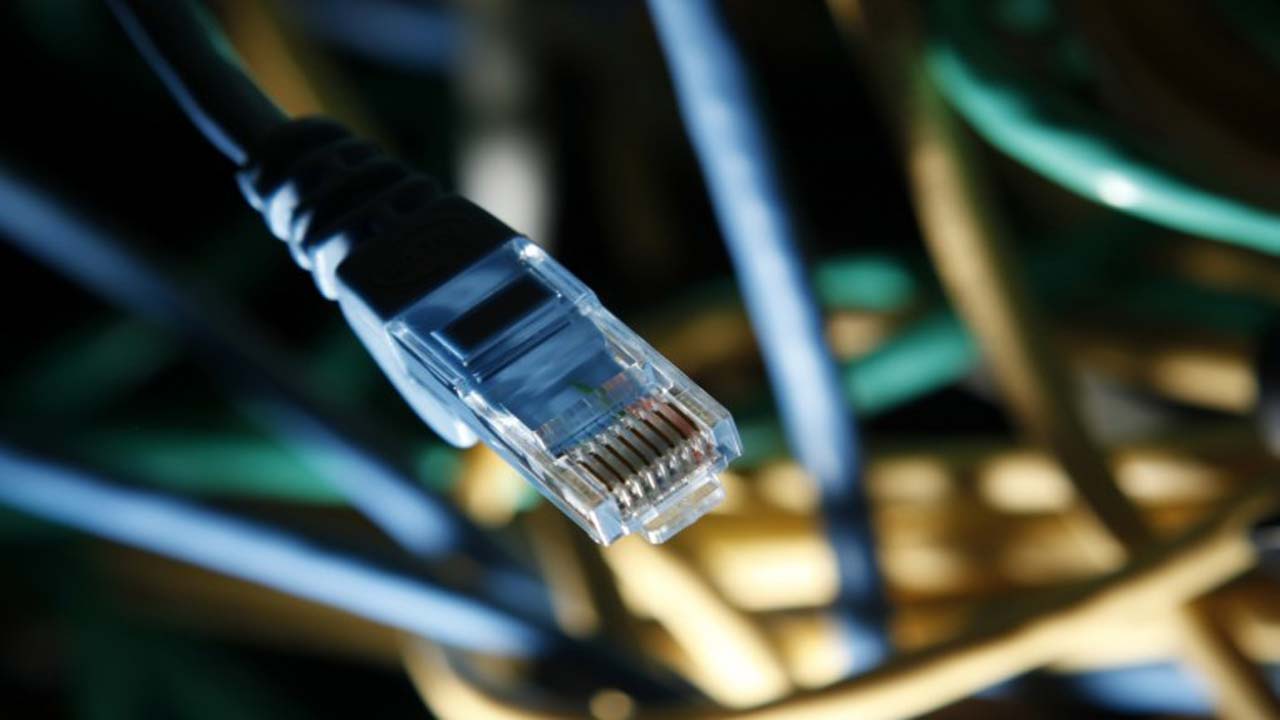
Nigeria has made giant stride in its quest to make local internet traffic local by achieving 30 percent of domestication of local internet traffic, Nigeria CommunicationsWeek has learnt.
Making local traffic local is the objective of establishment of Internet Exchange Point of Nigeria (IXPN) which provides the infrastructure for content providers and internet service providers to exchange traffic as against such traffic travelling to abroad and coming back to the country.
Muhammed Rudman, managing director, Internet Exchange Point of Nigeria (IXPN) disclosed to Nigeria CommunicationsWeek that the 30 percent retention of local internet traffic was achieved with the recent connection of Akamai the global leader in Content Delivery Network (CDN) services to IXPN.
Akamai makes the Internet fast, reliable and secure for its customers. The company’s advanced web performance, mobile performance, cloud security and media delivery solutions are revolutionizing how businesses optimize consumer, enterprise and entertainment experiences for any device, anywhere.
Rudman explained that with Akamai servers in Nigeria means that internet users in the country seeking contents in the servers of Akamai don’t need to move out of the country to access such content.
“This has helped in keeping local internet traffic local in addition to Google an internet content provider also connected to the exchange. Other benefits of keeping greater percentage of our internet traffic local are lower cost of internet and lower latency – which is the time it takes to reach a website,” he said.
As at 2015 the last check by Nigeria CommunicationsWeek of local internet traffic status, it was 10 percent.
Rudman also urged local content providers who host their servers outside of the country to consider relocating them in other to boost local traffic and save money for the country.
“Media and entertainment contents are generated locally but hosted abroad. The day we experience cut to undersea cable infrastructure that links Nigeria to the outside world, we won’t have access to those content which are generated here and are meant for Nigerians,” he added.
“More so, availability is important in driving local traffic. Taking content to the edge of the network makes cost cheaper, making the service closer to the end user. Uptime also plays a crucial role, this is why most data centre providers seek international certification,” he noted.
Mark Tinka, head of engineering at Seacom, a submarine cable operator with a network of submarine and terrestrial high-speed fibre-optic cable that serves the east and west coasts of Africa, said Most African Internet users tend to get much more of their content from Europe than from the US.
“Seacom’s dream is to one day be able to keep the majority of traffic on the continent, thereby reducing the amount of money Africa spends on transporting traffic to Europe. That will also help to drive more Internet penetration in Africa because of a reduction in cost of business,” Tinka noted.
[ad unit=2]



